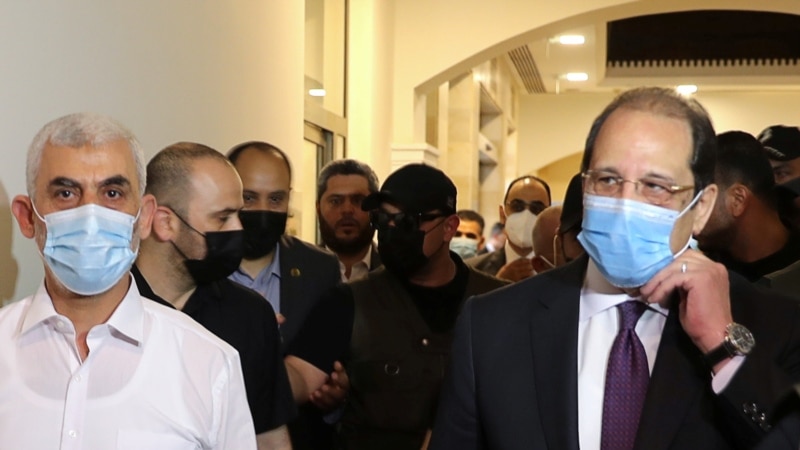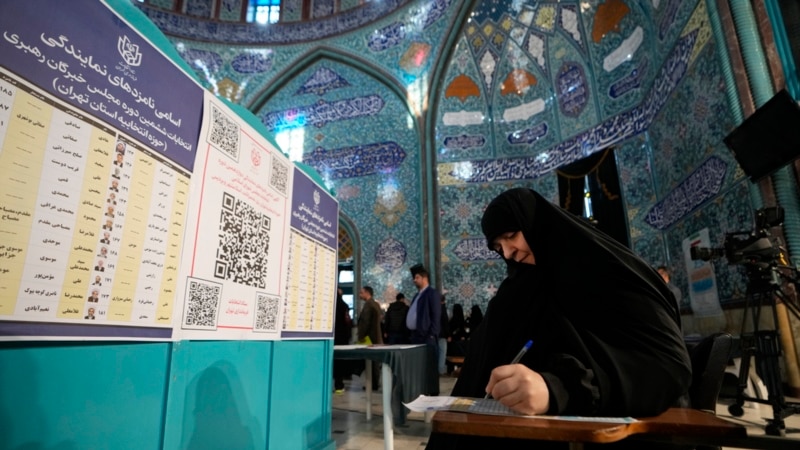The Philippines said it will take retaliatory measures against what President Ferdinand Marcos Jr. Thursday called “dangerous attacks” by China on its vessels in the South China Sea, the latest instance of escalating tensions between the two nations.
While the Philippines views its disputes with China as an encroachment on its sovereignty, Beijing has accused Philippine vessels of intruding into Chinese waters and has warned Manila that it will defend its own sovereignty.
In a statement on X, Marcos added that recent “attacks” in the South China Sea were “illegal, coercive, aggressive, and dangerous,” referring to the Chinese coast guard’s use of a water cannon Saturday. The cannon damaged a Philippine supply vessel and injured navy crew members.
He said that the Philippines would not be “cowed into silence,” and over the next few weeks, the country will implement a “proportionate, deliberate, and reasonable” countermeasure package.
He added that “We seek no conflict with any nation.”
The conflict occurred near the Second Thomas Shoal in the contested waters of the South China Sea, most of which China claims as its own.
Marcos said he decided to respond after consulting with top national security and defense officials. He also added that he has been consulting with international allies, saying that they have offered to help the country protect its sovereignty.
After the Saturday incident, a diplomat from the Chinese Embassy in Manila was summoned to hear the Philippines’ “strongest protest” against Beijing.
The United States condemned the actions of the Chinese coast guard, reaffirming the 1951 Mutual Defense Treaty, which would require the U.S. military to aid the Philippines should the country be attacked by China.
Chinese Defense Ministry spokesperson Wu Qian said Thursday that the Philippines “should realize that provocations will only do themselves more harm than good, and soliciting foreign support will lead nowhere.”
Some information from this report came from The Associated Press and Reuters.








